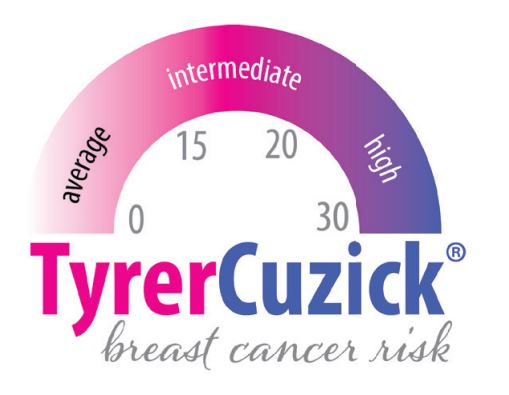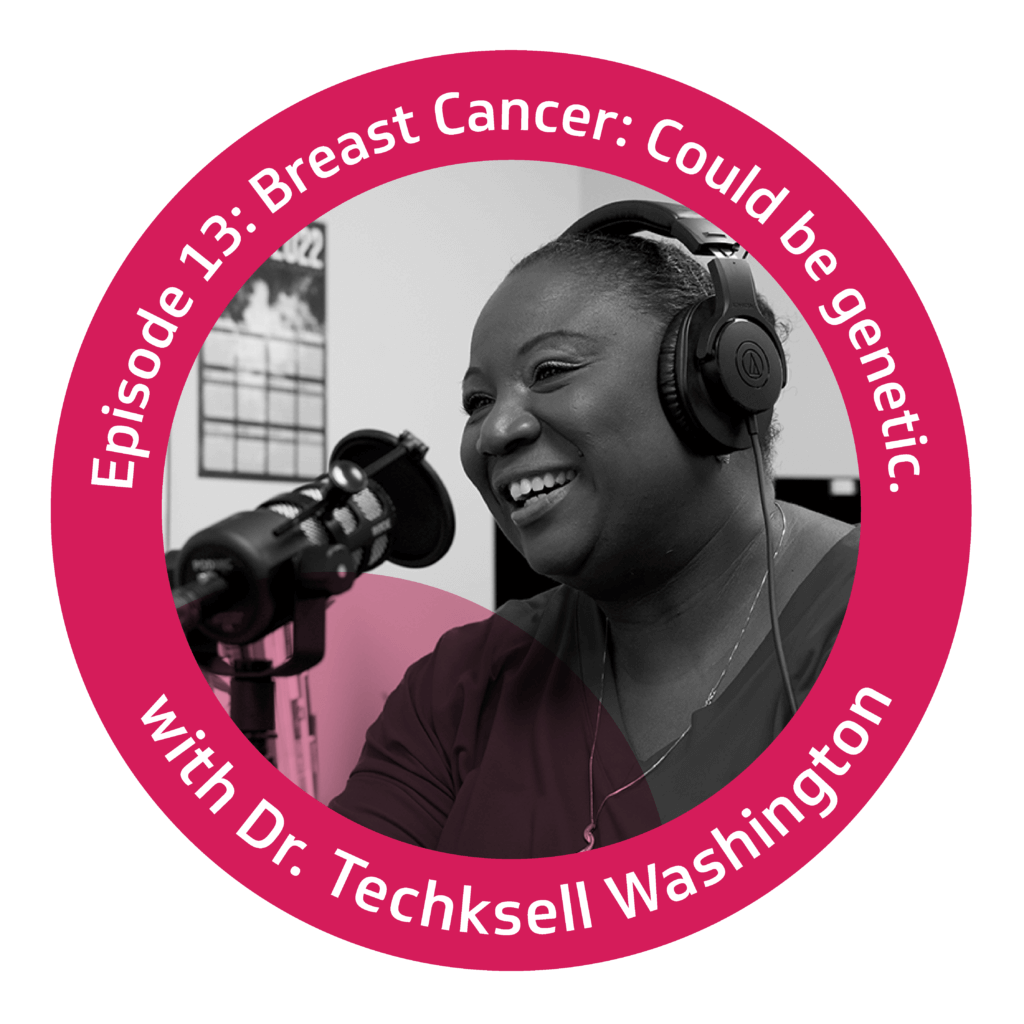More than “just” a mammo?

But wait! There’s more!
– Every infomercial ever
Though this may be a common phrase used on infomercials, it’s also true when you get your annual mammogram at a Singing River Imaging Center.
The risk of breast cancer is not the same for all women. While all women need yearly mammograms starting at age 40, some women need screening earlier than age 40 and some need more than just mammography, such as the addition of breast ultrasound, MRI screening, and genetic counseling.
How do you know what is best for you?
Breast Cancer Risk Assessments.
So, what is a Breast Cancer Risk Assessment?
Essentially, it’s simply the application of sophisticated breast cancer risk models….ie. our trained staff looks at your answers to a set of questions, including family history of cancer, age of your first period, and medical history to predict your risk of breast cancer.
In addition, your breast density is determined by software to minimize subjectivity and provide you with a highly individualized breast tissue category. Together, your risk of breast cancer and your breast density will help determine what screening is best for you.
OK…but how do you know what screenings are best for me?
It all goes back to the risk assessment and something called your Tyrer-Cuzick Score.
Based on your breast density and answers to a series of screening questions such as age at first period, height, weight, child bearing history, family history, etc. The result is an estimate of the likelihood a woman will develop breast cancer within 10 years of her current age, as well as over the course of her lifetime.
Basically, we input your answers, your mammo images, and a computer goes *beep*boop*bop* and gives you a score using the very best and latest guidelines that we know to affect breast cancer risk.
Your imaging team and physician then are able to develop the best plan for you to monitor for and prevent breast cancer moving forward.
How are different screening plans determined?
Based on Tyrer-Cuzick Score, women may fall into one of three groups.

Women at average or intermediate risk are served by routine screening measures:
- Yearly mammography starting at age 40
- Breast self-examination monthly
- Yearly clinical breast exam
- Women at intermediate risk who have dense breasts may also consider additional screening.
Women at high risk may consider additional measures:
- Mammography before age 40
- Breast MRI Screening
- Genetic testing for BRCA1/BRCA2 or other genes that can cause breast cancer
- Additional preventative measures
While this sounds complicated, your doctor and breast imaging center have the tools to help determine what your best screening for breast cancer should be. Our goal is to find cancer early, when it is the most treatable with the least invasive approaches possible.
Looking to schedule your mammogram? Find a Singing River Imaging Center near you or ask your Primary Care Provider for a referral.
Content inspired by Healthcare is Selfcare: The Podcast

Did you know your genes can predict health concerns? Have you considered your own family history? Dr. Teka Washington, Medical Director of Oncology and Risk Reduction Specialist explains how genetics play a role in the development and prevention of breast cancer, in both women and men.
